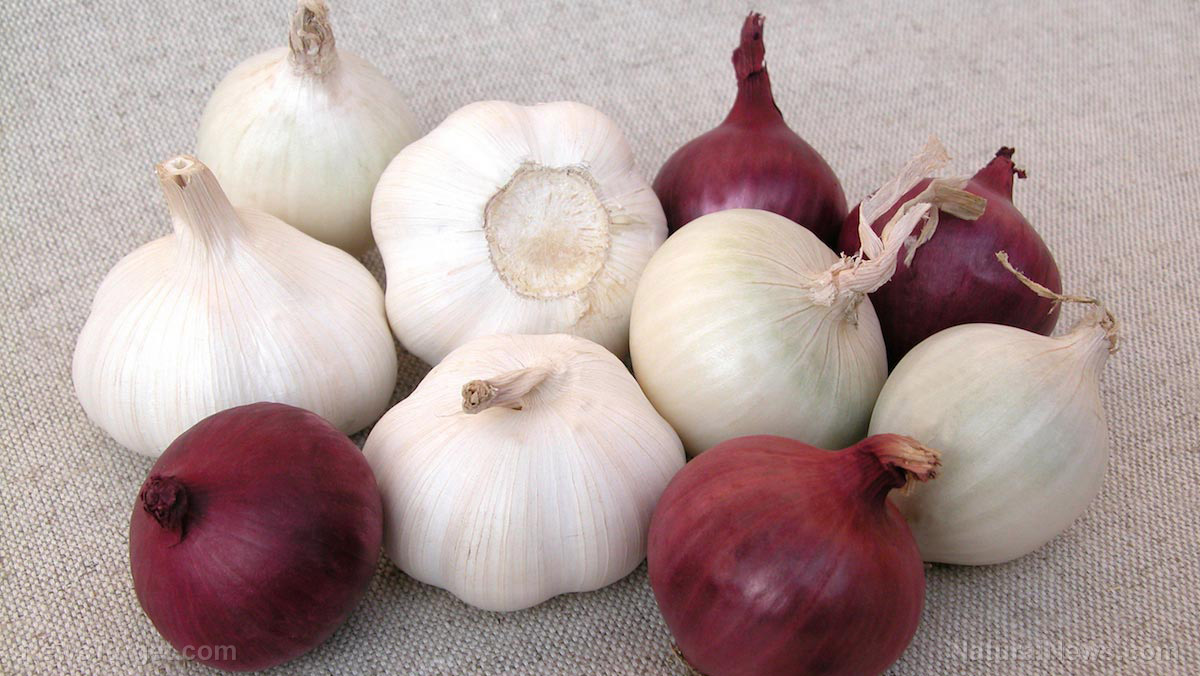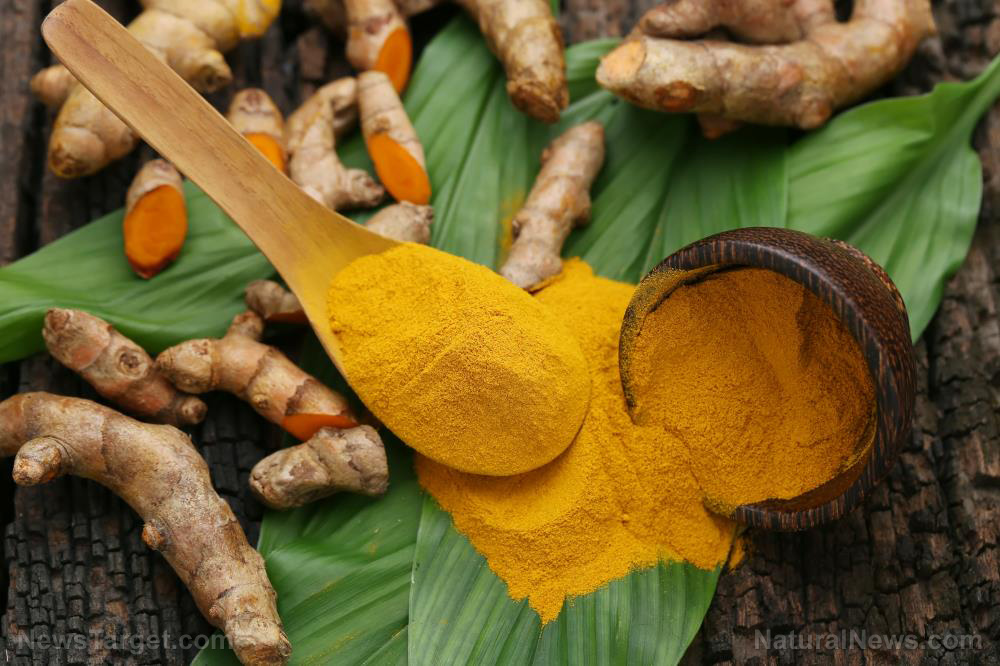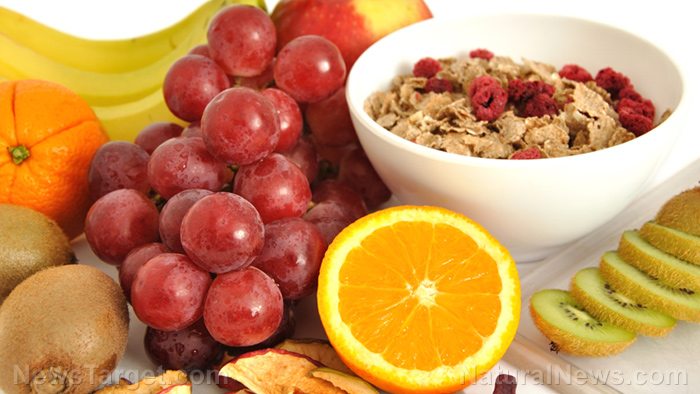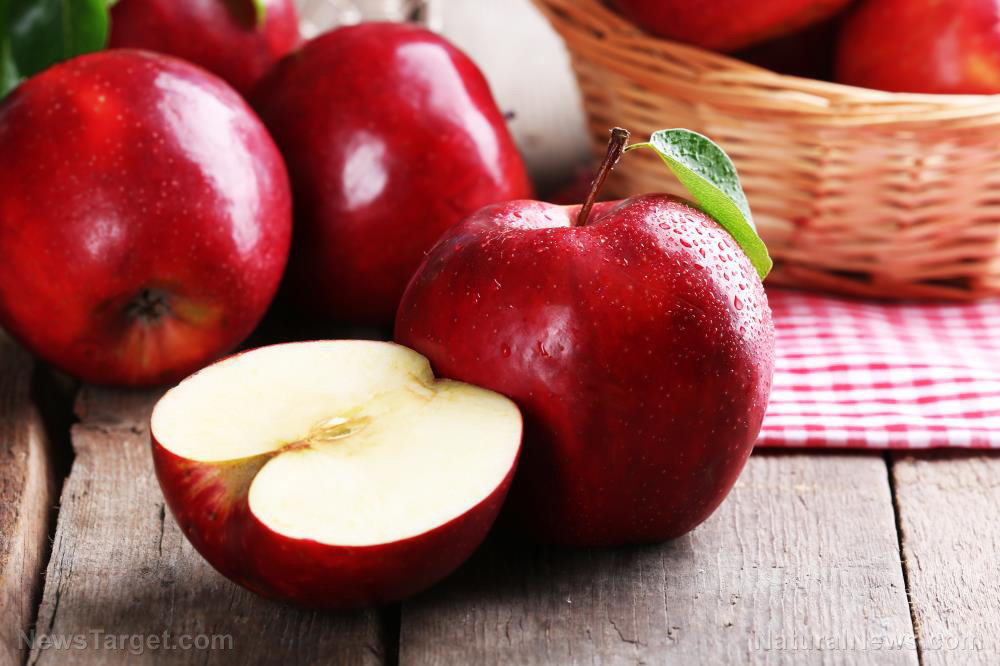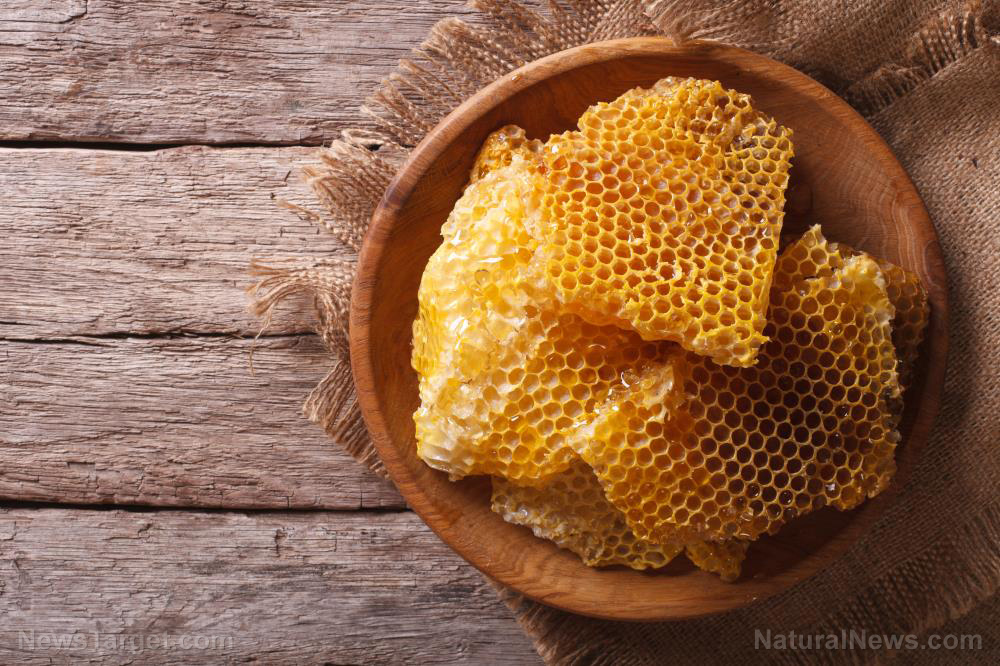Flaxseeds are more effective at preventing and treating breast cancer than mainstream medicine
09/12/2019 / By Lance D Johnson
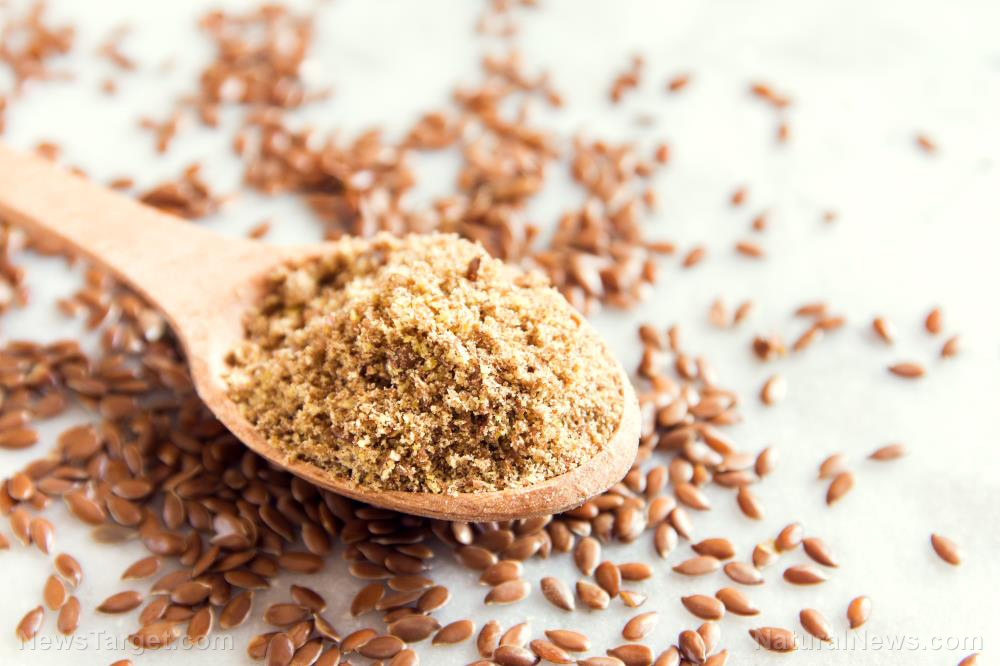
Mainstream oncology is at a precipice. On average, there are 4,800 new cancer diagnoses occurring each day. The lifetime probability of being diagnosed with cancer is now 37.7% for women and 39.3% for men. While the death rate from cancer is slightly falling, these figures can be skewed by the millions of false cancer diagnoses that weren’t deadly to begin with and the volume of benign cancers that are detected early, that may regress on their own. Cancer fears abound, but there are countless ways in which modern oncology can improve to quell hysteria and improve patient outcomes.
Modern oncology relies on mammograms for the bulk of their “preventative measures.” This form of radiation actually burdens the body’s cellular environment, while sometimes resulting in false diagnoses that lead to unnecessary chemotherapy and radiation treatments. These unnecessary treatments cause immunodeficiency and a complete destruction of mitochondria throughout the patient’s body.
Mammograms do absolutely nothing to prevent disease progression or improve survival rates, either. Anti-cancer foods, however, do have an impact. Modern oncology could improve if anti-cancer food was prescribed and patients were made to follow a distinct dietary protocol to strengthen their body’s immune response. For instance, flaxseed is a well-documented anti-cancer food.
Flaxseed reduces breast cancer mortality and increases effectiveness of cancer drugs
Researchers from the University of Toronto have reviewed clinical, observational, in vitro, and animal studies for flaxseed, flaxseed oil, and lignans — a specific type of phyto-estrogen and antioxidant that is highly concentrated in the flaxseeds. Their research is promising and details the effectiveness of flaxseeds for reducing breast cancer risk and tumor growth.
In clinical studies, flaxseed oil at 4 percent increases the effectiveness of the cancer drugs trastuzumab and Herceptin. At 10 percent of the diet, flaxseed helped increase the effectiveness of tamoxifen, another common cancer drug.
In animal studies, a flaxseed oil and/or lignan diet is effective for reducing tumor growth. The results are promising when flaxseed comprises 2.5 to 10 percent of daily dietary consumption.
In observational studies, postmenopausal women experience reductions in breast cancer risk with increases in flaxseed and lignan intake, denoted by urinary excretion and serum levels. Lignan intake reduces mortality to all cancers by 40 to 53 percent and is even more effective at reducing breast cancer mortality, with reductions as high as 70 percent.
Lignans address estrogen imbalance and shut down the blood supply for tumors
In fact, clinical trials repeatedly show that 50mg of lignans (or 25 grams of flaxseed) per day can reduce tumor growth for breast cancer patients in as little as 32 days. The secret lies in how the gut bacteria break down the lignans. The lignans are broken down into a pair of estrogen-like compounds. These compounds circulate through the liver and the blood and possess properties that prevent tumor cell proliferation. According to animal studies, the lignans have the ability to selectively block blood vessel growth factor for tumors. Flaxseeds contain smart medicines that target the blood supply of tumors and shut down the tumor’s oxygen supply.
The phyto-estrogens produced from lignans block the enzyme aromatase, stopping the overproduction of estrogen in the body. These phyto-estrogens take up residence on the estrogen receptors in the body and block toxic environmental xenoestrogens from causing an overproduction of estrogen. High estrogen levels are linked to breast cancer growth.
The lignans produce a specific type of estrogen metabolite called 2-OH estrone, which does not stimulate cancer growth. This metabolite blocks the overproduction of destructive estrogen metabolites, helping the liver produce a healthy balance of hormones. The phyto-estrogens from flaxseed prevent hormonal imbalance and therefore stop one of the causes of breast cancer.
The best way to get flaxseeds in your diet is to add 2.5 T (25 grams) of organic ground flaxseed to either your cereal, oatmeal, smoothies, yogurt, or salads. Along with improving cancer mortality rates, flaxseeds are great for heart health and digestion, too.
For more on increasing survival rates for cancer and improving patient outcomes and quality of life, visit Cancer.News.
Sources include:
Tagged Under: anticancer, breast cancer, cancer mortality, estrogen imbalance, hormone imbalance, lignans, liver health, natural remedies, phytoestrogens, plant medicine, prevention, tumor growth, women's health
RECENT NEWS & ARTICLES
FoodCures.News is a fact-based public education website published by Food Cures News Features, LLC.
All content copyright © 2018 by Food Cures News Features, LLC.
Contact Us with Tips or Corrections
All trademarks, registered trademarks and servicemarks mentioned on this site are the property of their respective owners.


